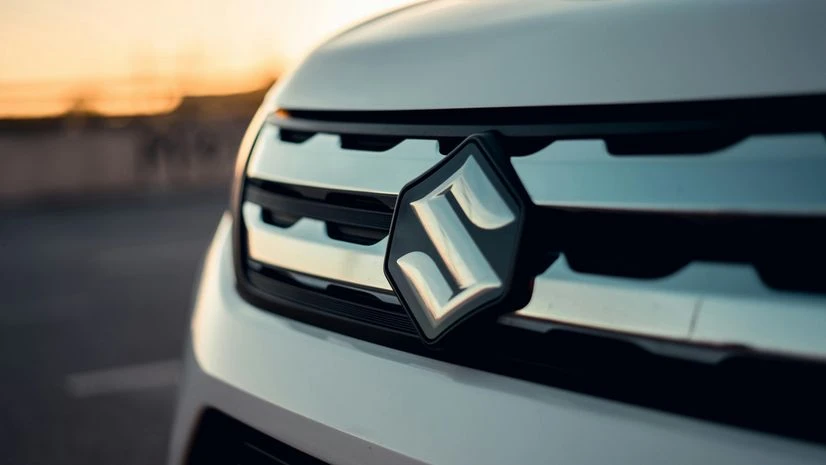Maruti Suzuki India Ltd (MSIL), the largest passenger vehicle manufacturer in India, has set a road map to expand its global presence by targeting exports of 850,000 units by the end of this decade -- almost double the approximately 280,000 units sent abroad in 2023-24, Rahul Bharti, executive director, corporate affairs, told Business Standard.
The company’s upcoming electric vehicle (EV) strategy is expected to play a crucial role in its global ambitions. In October, the company had rung up a 51 per cent jump in export, its historic high, to 33,168 units, up from 21,951 units in October 2023.
“Our growth ambitions for Viksit Bharat have to be supplemented by exports. Moreover, if you are exporting, it will act as an assurance in global excellence, quality, and cost,” Bharti said.
In 2023-24, the industry’s export was 670,000 units, of which around 41 per cent was MSIL’s contribution.
In incremental growth in the last three years, 70 per cent was contributed by MSIL.
Also Read
In a significant milestone, the company started exporting its “Made-in-India” sport utility vehicle, the Fronx, to Japan in August, which was termed a key expansion of “Brand India” passenger vehicles globally.
“If you are a winner in export, chances are customers in your home market will be delighted and you can beat any level of competition in India,” Bharti added. He termed it one of the strategic reasons behind the global footprint expansion.
The company is set to launch its first ever EV in January next year. It is built on a dedicated high-spec platform designed for EVs. According to reports, MSIL’s EV aims to target international markets, like Europe and Japan.
At present, the company’s key export markets include Latin America, the United Arab Emirates, and South Africa.
The top-selling export models between April and October this year were the Fronx, Jimny, Baleno, Dzire, and S-Presso.
“The good part is that we are exporting around 17 models to 100 countries. Since we are diversified, we are insulated from regional disturbances like the Red Sea crisis or West Asian geopolitical tensions. We want to increase this presence,” Bharti said.
“Key drivers for this growth will be global competitiveness in technology and quality, more models in more geographies, and denser distribution networks in new geographies. The more the density of this network, the higher the sales you get,” he added.
As part of this global export strategy, the company is looking to strengthen its logistics infrastructure too, especially railways.
“We have set up the first in-plant automobile railway siding in our plant in Gujarat. We will be putting up another one in Manesar and a third one in Kharkhoda,” he added. At present, the share of rail traffic in MSIL’s vehicle transportation is around 23 per cent.

)